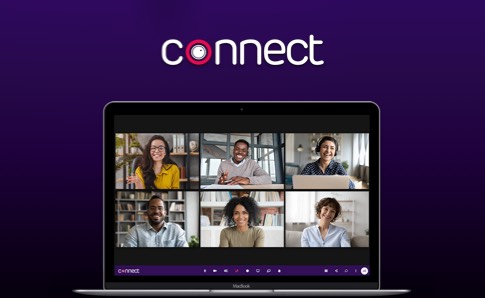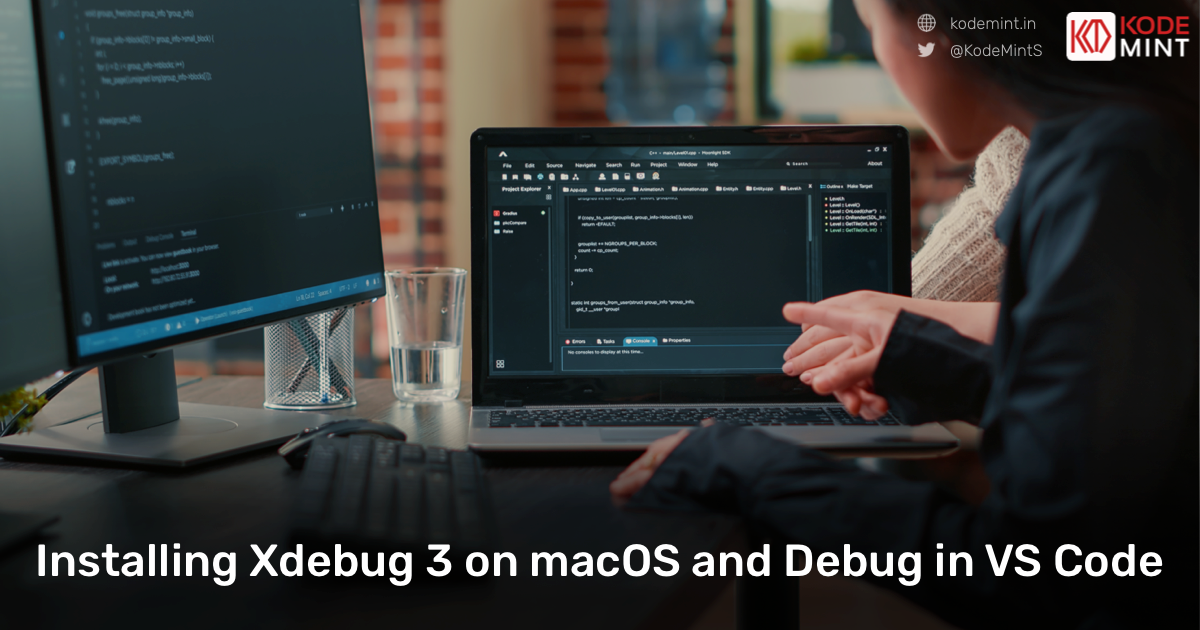WebRTC is one of the most disruptive and transformative additions to communications and web technologies; its potential is huge and cannot be ignored. The ability to use just your browser – a tool you use daily – to conduct fully fledged web conferences, without the need for complicated multi-step procedures, or installations, is surely something to take notice of.
Otherwise known as Web Real-Time Communications, WebRTC is an open-source project - promoted by Google Chrome, Mozilla Firefox and others - it enables plugin-free Real Time Communications via Javascript API. It facilitates web browser to browser applications for voice calling, video chat, video conferencing and file sharing. The supported codec for WebRTC is currently VP8. WebRTC uses a server called Web Conferencing Server that in conjunction with a STUN Server it is required to provide the initial page and synchronize the connections between two WebRTC endpoints.
WebRTC is currently supported by:
- Google Chrome (desktop & Android)
- Mozilla Firefox (desktop & Android)
- Safari
- Opera (desktop & Android)
- Microsoft Edge
- iOS (mobile Safari)
WebRTC support for these browsers is now built-in, an ideal solution that does not require any 3rd party components or plugins. The beauty of WebRTC is that when you are invited to a web meeting, no other action is needed other than clicking on a link that you’ve been provided and allowing relevant permissions. Installing or configuring yet another plugin might be “asking too much” for a lot of users.
References:
https://caniuse.com/?search=webrtc
https://www.3cx.com/voip/what-is-webrtc/#:~:text=WebRTC%20is%20currently%20supported%20by,Safari
https://www.tutorialspoint.com/webrtc/webrtc_browser_support.htm
https://webrtc.ventures/2021/05/webrtc-browser-compatibility/
https://www.lambdatest.com/web-technologies/rtcpeerconnection





